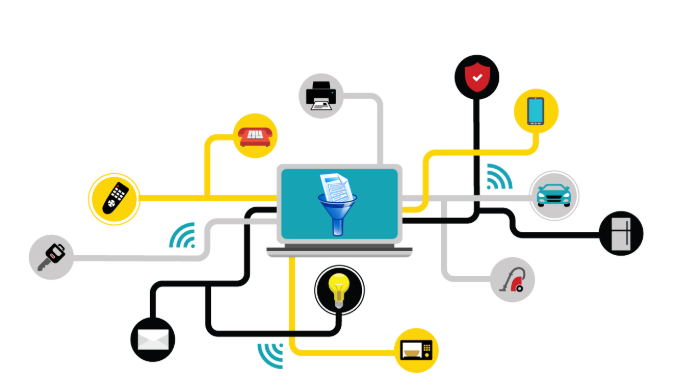The targets of internet blockers are everywhere on the web! These tools are used to block websites, apps, or content that people don’t want to see or access. But who or what gets blocked? That’s an important question for anyone using the internet.
From schools to workplaces, targets of internet blockers can include social media, gaming websites, or even news platforms. Some of these blocks are for safety, while others control how people use the internet. Let’s explore how these blockers work and why they target certain websites or apps.
What Are Internet Blockers and How Do They Work?
Internet blockers are tools that control what content people can see online. They are often used to block websites, apps, or types of content that are harmful or distracting. These tools can be found in schools, workplaces, and even at home.
Internet blockers work by filtering out content based on rules. These rules might focus on specific websites or keywords. For example, if a blocker targets social media, it will prevent access to sites like Facebook or Instagram. The main goal is to create a safe or productive online environment.
There are different types of internet blockers, such as parental controls, school filters, and workplace firewalls. Each one is designed to meet the needs of its user. By understanding how these tools work, we can see why some websites are chosen as targets.
Why Are Social Media Platforms the Biggest Targets of Internet Blockers?
Social media platforms are some of the most common targets of internet blockers. Websites like Twitter, TikTok, and Snapchat can be distracting. Many schools and offices block these platforms to help people stay focused.
Another reason for blocking social media is safety. These sites often have risks like cyberbullying, scams, or inappropriate content. Parents and schools use blockers to protect children and teens from these dangers.
However, not everyone agrees with blocking social media. Some say it limits freedom of information. While it can reduce distractions, it may also stop people from connecting with others or accessing helpful resources.
How Internet Blockers Protect Users From Harmful Content
Internet blockers play a key role in keeping people safe online. They block harmful websites, such as those with viruses, scams, or explicit material. This helps prevent users from falling victim to online threats.
For families, blockers can filter out content that is not appropriate for children. Parents often use them to make the internet a safer space for kids. By blocking certain websites, they control what their children can see.
At work, internet blockers stop employees from accessing unsafe sites that might harm company data. They are like a shield for sensitive information. These tools are important for creating a secure browsing environment.
How Parents Use Internet Blockers to Keep Kids Safe Online
Parents use internet blockers as a tool to monitor and guide their children’s internet use. They block content that is not right for young audiences, such as violence or adult material. This makes the online world safer for kids.
Internet blockers can also limit screen time. Parents use them to make sure their children don’t spend too much time on gaming or social media. These controls create a balance between online activities and other responsibilities.
Common Uses of Internet Blockers by Parents:
- Filtering websites: Blocking adult or harmful content.
- Setting time limits: Controlling how long children can use the internet.
- Monitoring activity: Checking what websites kids visit.
Using these tools wisely allows families to enjoy the benefits of the internet while staying safe.
The Debate Over Internet Blockers: Pros and Cons Explained
The use of internet blockers sparks debates about their effectiveness. Some believe they are helpful tools for safety and productivity. Others think they limit access to information and restrict freedom online.
On one hand, blockers protect users from harmful content and distractions. For example, they prevent malware attacks and help employees focus on work. Schools also use them to block distractions during study time.
On the other hand, some say these tools can overblock and stop people from accessing useful resources. For instance, a website needed for research might be mistakenly blocked. Balancing the benefits and drawbacks of internet blockers is an ongoing challenge.
Pros of Internet Blockers:
- Protect users from online threats.
- Reduce distractions in schools and offices.
- Help parents guide their children online.
Cons of Internet Blockers:
- May block useful content by mistake.
- Restrict freedom of information.
- Can be bypassed by tech-savvy users.
Finding a balance is key to using internet blockers effectively.
Conclusion
Internet blockers are important tools that help people stay safe and focused online. They block harmful websites, reduce distractions, and protect kids from unsafe content. By targeting specific websites or apps, these blockers create safer spaces at home, school, and work. However, it’s important to use them wisely so they don’t block helpful resources by mistake.
While internet blockers have many benefits, they aren’t perfect. Some people feel they limit freedom and access to useful information. Finding the right balance between safety and freedom is the key. With thoughtful use, internet blockers can make the internet a better and safer place for everyone.

